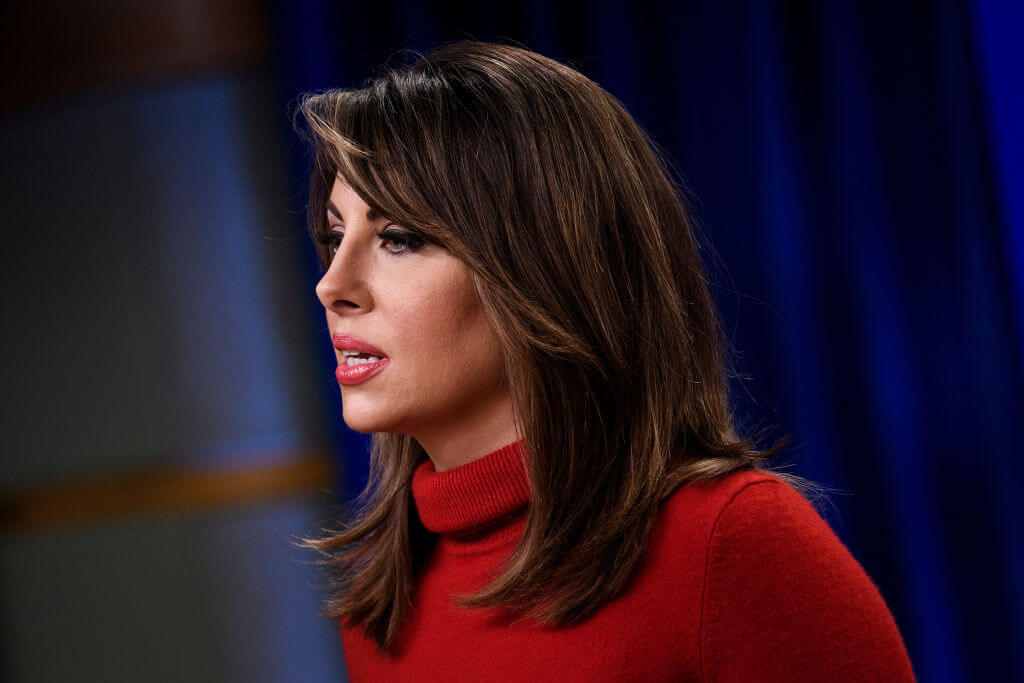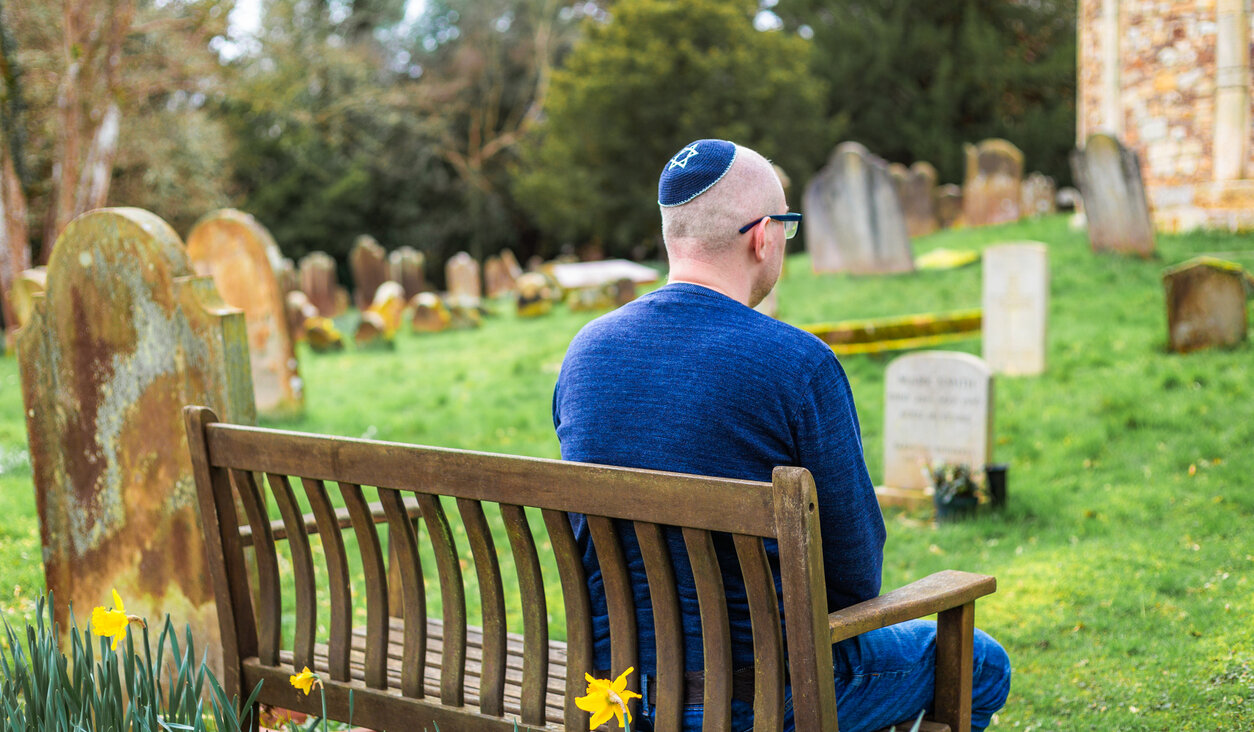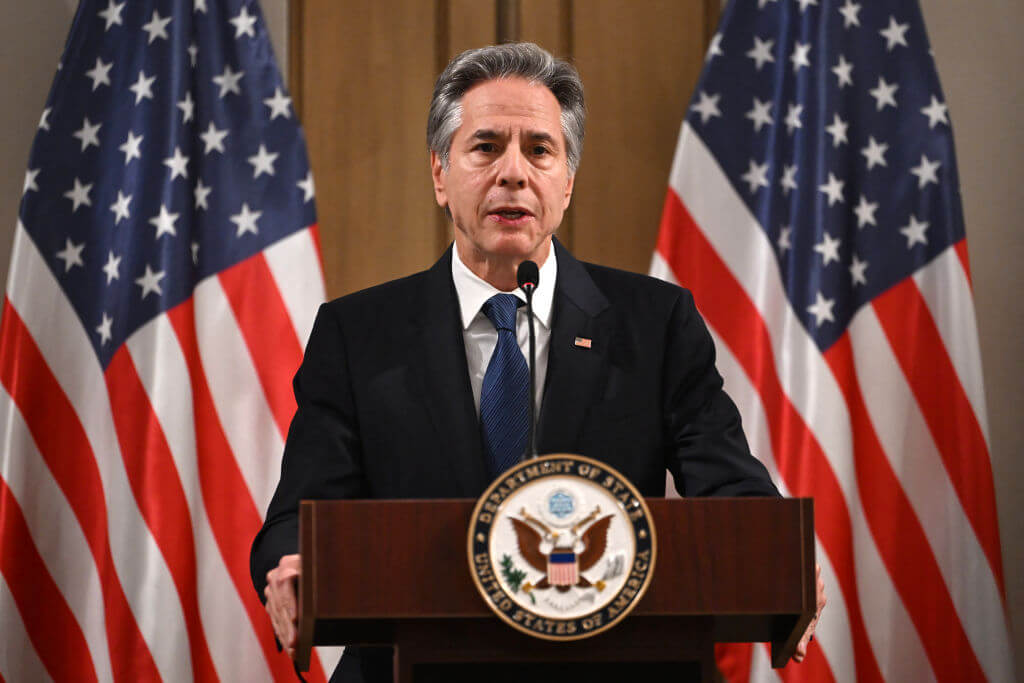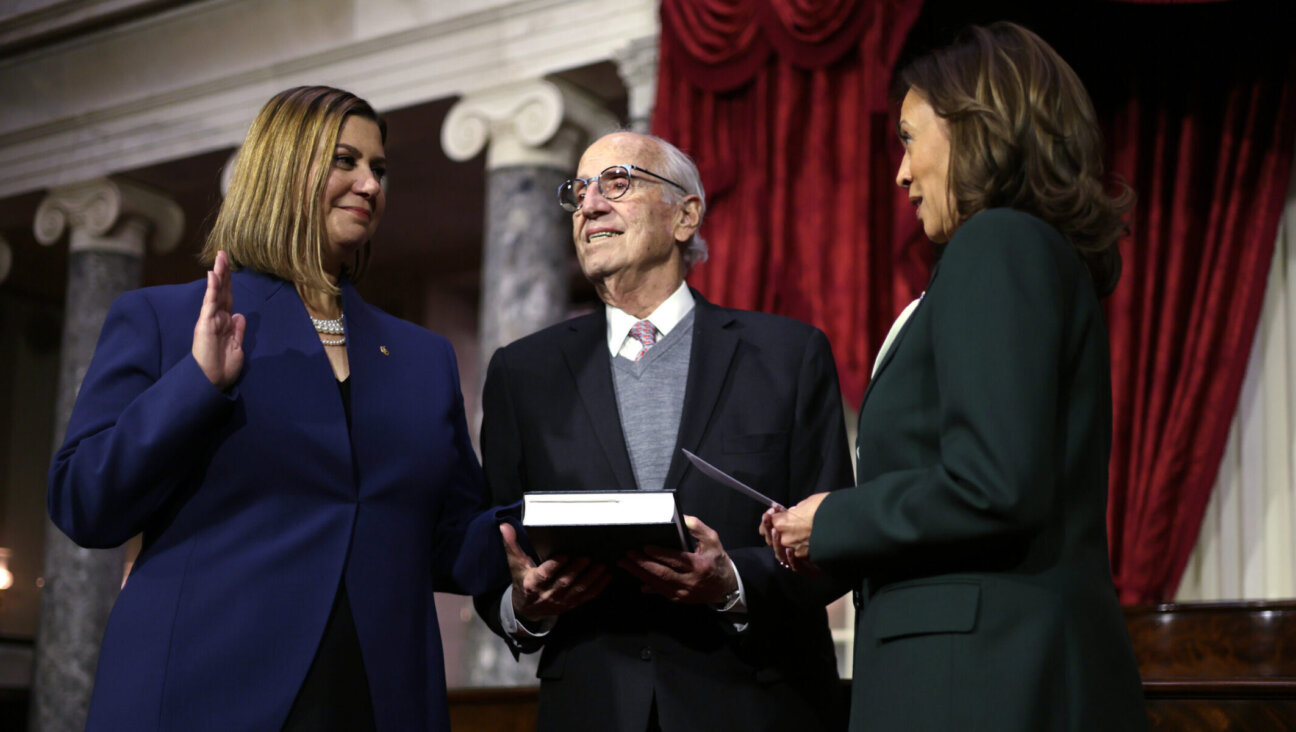Turks Say Israel Must Wait for New Government To Forge Reconciliation

Image by Getty Images (8)
Long-running efforts to fully restore Israeli-Turkish ties strained after an Israeli raid of a Turkish boat in 2010 must now await the formation of a new government in Ankara, Israel’s top diplomat in Turkey said.
Turkey downgraded diplomatic relations and ejected Israel’s ambassador in 2011, a year after Israeli commandos stormed the Mavi Marmara, part of a humanitarian aid convoy trying to break Israel’s blockade of Gaza, and killed 10 Turks.
Israel is currently represented by Shai Cohen, its consul-general in Istanbul.
The two sides have signaled for months a deal is imminent, including compensation for the Mavi Marmara victims and an easing of the Gaza blockade.
Israeli officials said a deal was reached in December, and President Tayyip Erdogan said in March he expected positive results soon, raising hopes an agreement was imminent.
The next meeting “will have to wait until the composition of the new Turkish government on May 22,” Cohen told reporters late on Monday. “I believe it will take another round or two in order to conclude the deal … Most of the issues between Israel and Turkey are already, to a certain extent, clear.”
Turkish Prime Minister Ahmet Davutoglu will step down on May 22 after a rift with Erdogan. Forming a new government could delay both domestic and foreign policy initiatives.
SYRIA AS IMPETUS
NATO member Turkey and Israel cooperated militarily beginning in the 1990s, a relationship seen as vital to Middle East stability by the United States but viewed warily by Erdogan’s Islamist-rooted AK Party, in power since 2002.
The impetus behind fixing the relationship now is security, especially with Islamic State and other jihadists in control of swathes of Syria, which Israel and Turkey both border, Cohen said. However, restoring military ties will take time, he added.
Another factor is natural gas. Energy-poor Turkey wants to pipe product from Israel’s offshore Leviathan field, estimated to hold 500 billion cubic meters, for domestic use and export.
“Everyone is looking forward to see how Israel can export to Turkey, and through Turkey to the West, natural gas,” he said.
Cohen ruled out lifting the sea blockade on Gaza in place since 2007, calling it a “non-issue,” even though Erdogan has repeatedly made it a condition for restoring relations.
Talks instead focus on how Turkey can bring its goods overland to rebuild Gaza, whose infrastructure has been battered by the blockade and Israeli incursions. About half of building goods in Gaza are from Turkey, and this could be increased in line with Israel’s capacity to monitor shipments, Cohen said.
Israel wants to ensure that Turkish supplies do not amount to cooperation with Hamas, which is classified as a terrorist group by Israel, the United States and the European Union.
Israel accuses Turkey of hosting a Hamas command center and wants Ankara to bar leaders of the Islamist group. Erdogan met Hamas leader Khaled Meshaal in Istanbul as recently as December.
A message from our Publisher & CEO Rachel Fishman Feddersen

I hope you appreciated this article. Before you go, I’d like to ask you to please support the Forward’s award-winning, nonprofit journalism so that we can be prepared for whatever news 2025 brings.
At a time when other newsrooms are closing or cutting back, the Forward has removed its paywall and invested additional resources to report on the ground from Israel and around the U.S. on the impact of the war, rising antisemitism and polarized discourse.
Readers like you make it all possible. Support our work by becoming a Forward Member and connect with our journalism and your community.
— Rachel Fishman Feddersen, Publisher and CEO























